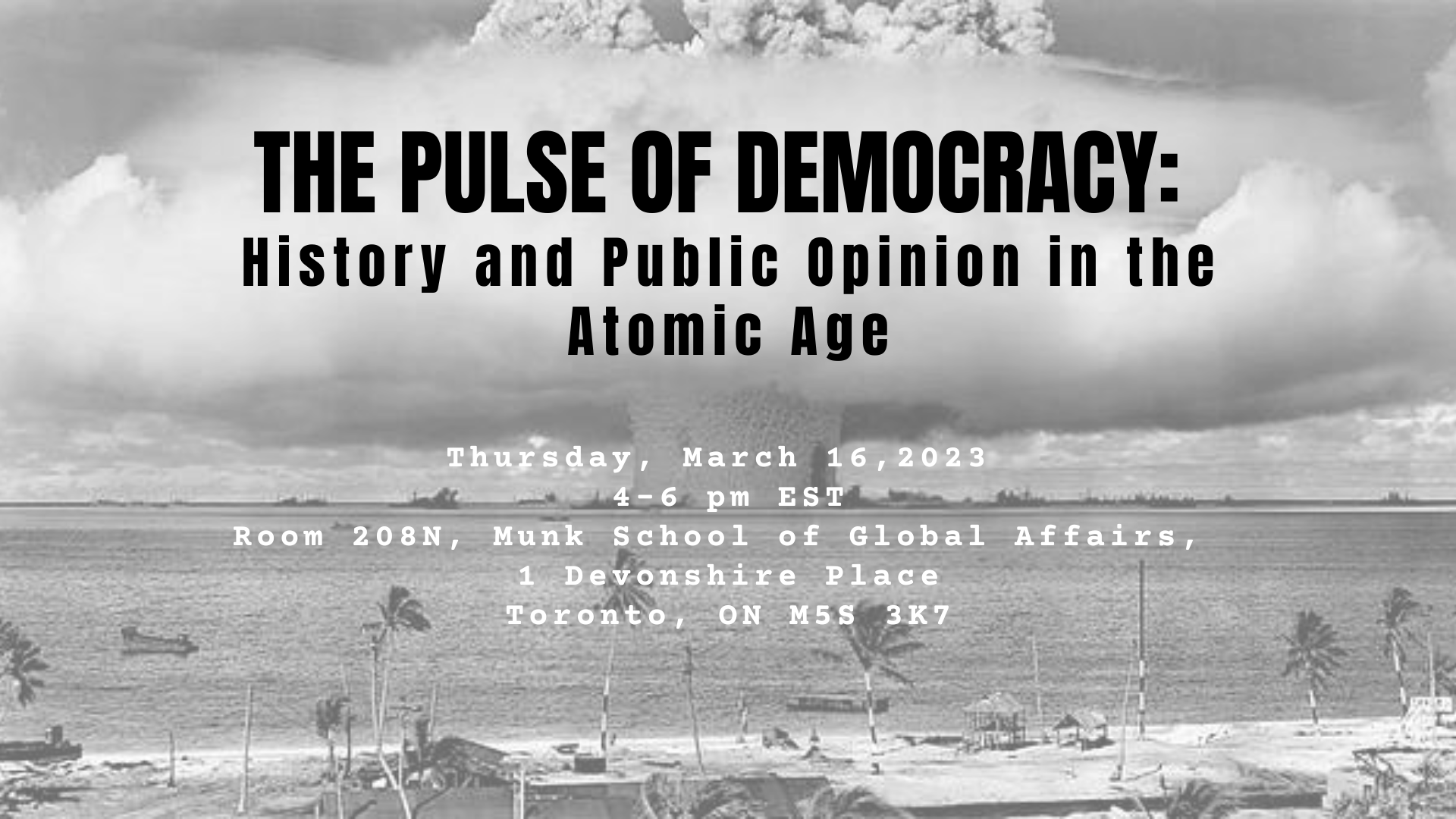Book Talk
The Unfinished Quest: India’s Search for Major Power Status from Nehru to Modi
by Professor T.V. Paul
Date: Monday, April 22, 2024
Time: 4:30 pm-6 pm, Toronto time
Location: Trinity College Combination Room, 6 Hoskin Ave, Toronto ON M5S 1H8
Registration is now closed.
About the Book
Along with the meteoric rise of China, there has been much interest in the emergence of India, as a rising power with one of the fastest growing economies in the world, until the 2019 Pandemic crisis. The rapidly developing US-China rivalry gives India an added importance in world politics today as India is the most significant swing power that can help balance China’s potentially aggressive rise in the Indo-Pacific region. Further, the strengthening of Hindu nationalism under Narendra Modi, who has been making strong attempts to emerge India as a leading power while at the same time taking populist postures internally and using international status enhancement for electoral victory, evokes global interest. The dynamics of international status in domestic political contestation has not obtained much attention in the extant literature. Now that we have some three decades of data on India’s economic and military growth, we can make a better assessment of the achievements and shortcomings in comparison with others, especially China.
This book differs in its focus on status perspective which is often missing in popular books on India’s rise, as scholars and journalists who write about India tend to neglect this important socio-political concept. The book combines scholarly insights and interesting anecdotes on international status, a topic that has seen advancement in the sociology and international relations literature in recent years. While India in its 75-year existence as an independent state, has achieved much in fulfilling the dreams of Nehru and his successors in obtaining major power status, this book seeks to understand why the quest is still unfinished. Why does India and its leadership believe that the country has a destiny to rise as a global power? What are the hard and soft power markers that encourage them to think this way? Despite their stated and unstated ambitions, why haven’t the larger bureaucratic and political elite worked sufficiently to achieve this goal? What are the external and internal constraints in this pursuit and the opportunities that India may have both obtained and missed? Finally, what does the future hold for India’s status elevation? The book argues that the key challenge for obtaining a sustained global status is India's low human development indices. The development of an inclusive, tolerant democracy that can utilize its most priced asset, the demographic dividend, will be essential for India to gain greater international status and influence in the 21st century.
About the Author
T.V. Paul is Distinguished James McGill Professor in the Department of Political Science at McGill University, Montreal, Canada and a Fellow of the Royal Society of Canada. He served as the President of International Studies Association (ISA) for 2016-17. He is the Founding Director of the Global Research Network on Peaceful Change (GRENPEC). Paul is the author or editor of 23 books and over 80 scholarly articles/book chapters in the fields of International Relations, International Security, and South Asia. He is the author of the books: The Unfinished Quest: India’s Search for Major Power Status from Nehru to Modi (Oxford University Press, forthcoming, 2024); Restraining Great Powers: Soft Balancing from Empires to the Global Era (Yale University Press, 2018); The Warrior State: Pakistan in the Contemporary World (Oxford University Press, 2013); Globalization and the National Security State (with N. Ripsman, Oxford University Press, 2010); The Tradition of Non-use of Nuclear Weapons (Stanford University Press, 2009); India in the World Order: Searching for Major Power Status (with B.R. Nayar Cambridge University Press, 2002); Power versus Prudence: Why Nations Forgo Nuclear Weapons (McGill-Queen’s University Press, 2000); and Asymmetric Conflicts: War Initiation by Weaker Powers (Cambridge University Press, 1994). He is the lead editor of the Oxford Handbook of Peaceful Change in International Relations (Oxford University Press, 2021). Paul currently serves as the editor of the Georgetown University Press book series: South Asia in World Affairs. For more, see: www.tvpaul.com





























